The Swiss franc crisis in Romania
Parliaments budget and finance committee in Bucharest is again discussing the issue of foreign currency loans.

Mihai Pelin, 04.02.2015, 13:53
The Swiss franc crisis is still a major concern for the Romanian authorities, who are trying to find a way to solve it. The decision of the Swiss Bank on the 15th of January to eliminate a cap on the value of the Swiss franc against the euro has affected more than 75,000 Romanian nationals with loans in Swiss francs.
Credits in Swiss francs were available on the domestic market between 2005 and 2008. Attracted by the stability of the Swiss franc and the low interest rates, many Romanians contracted loans in this currency. Following the sharp rise in the Swiss franc, they now have to pay higher rates.
Parliament is still looking for solutions to solve the situation, with its budget and finance committee resuming talks on the issue of foreign currency loans. Earlier, 131 members of Parliament initiated a bill meant to protect consumers faced with a rise in their repayment rates for loans in foreign currency as a result of exchange rate fluctuations. The initiator of the bill, the Social Democratic MP Ana Birchall proposed that the fiscal burden should be shared between the client and the bank in the case of all foreign currency loans, not only the Swiss franc. She says an amendment to the provisions in force should be harmonised with the relevant European directive by March next year.
The representatives of the finance ministry, the consumer protection body and banks have proposed different measures to tackle the issue. Ion Dragulin, the director for financial stability with the National Bank of Romania, for example, is in favour of facilitating the repayment of loans through the available means with the exception of the administrative regulation of the exchange rate:
“The National Bank believes the two parties, namely the banks and the clients, should arrive at a solution depending on each individual case to find a way to reduce the cost of debt services.”
The consumer protection body complains, however, that no bank has been eager to solve the problem. Talks will continue next week with the representatives of the International Monetary Fund and the National Bank of Romania before Parliament’s budget and finance committee votes on whether to forward the bill to Parliament.
Swiss franc credits became available in Austria and Germany in 1990 and were very popular because of their low interest rates. According to a Swiss National Bank report from 2009, credits in Swiss francs were also available in Poland, Hungary, Denmark, Croatia, Sweden, Norway, Slovenia, the Czech Republic, Lithuania, Estonia, Latvia, Britain and Bulgaria.






























